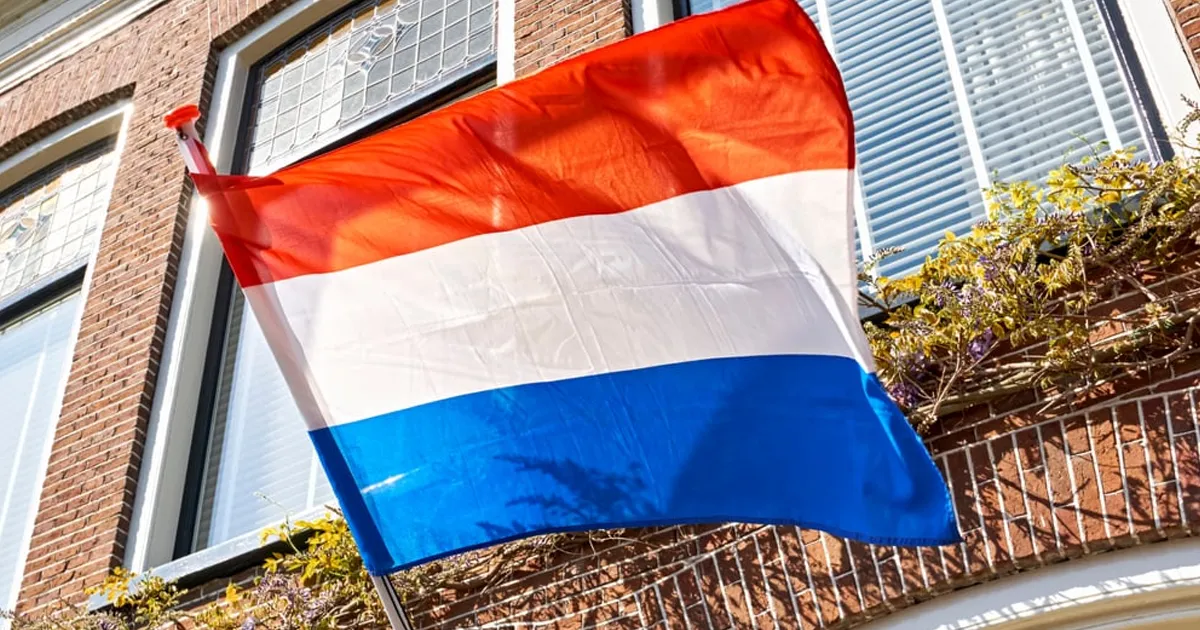Gambling in the Netherlands: Debate on new legislation
The Netherlands is considering gradually raising the legal gambling age to better protect young adults and combat the black market. During a parliamentary session, Secretary of State Teun Struycken proposed a phased implementation to prevent players from turning to illegal platforms. The authorities are concerned about the rise of the black market, with unlicensed operators capturing a growing share of players’ spending. MEPs have also criticised the role of search engines, particularly Google, which has been accused of profiting from advertising for illegal casinos. A dedicated task force is under discussion to better supervise the sector. These measures are part of a wider reform of gambling laws, with adjustments expected by 2027.
In the Netherlands, the debate over the legal age for gambling is intensifying. Currently set at 18 for most games, some legislators are considering gradually raising this limit in order to better protect young adults and combat the black market.
Gradual raising of the legal age envisaged
At a parliamentary session held on 28 March 2025, the State Secretary for Legal Protection, Teun Struycken, proposed a gradual increase in the legal age for certain games of chance, particularly slot machines. The aim of this approach is to prevent young players from turning to illegal platforms. Struycken pointed out that a phased implementation would allow existing players to continue to play legally while gradually introducing restrictions for new players.
Concerns about the black market
The growth of the black market in gambling is a major concern. According to data from the Kansspelautoriteit (Ksa), unlicensed operators may now be capturing a significant proportion of players’ spending, sometimes exceeding that of regulated platforms. MP Rosemarijn Dral of the People’s Party for Freedom and Democracy stressed the need for stronger enforcement measures, pointing out that players are turning to illegal platforms because of the restrictions imposed on licensed sites.
Marieke Wijen-Nass MEP for the Farmer-Citizen Movement highlighted the role of search engines and technology companies in facilitating illegal gambling. She cited an estimate that Google earns around €20 million a year from advertisements for unlicensed online casinos.
‘These platforms must be made aware of the dangers posed to consumers,’ she said.
Proposal for a dedicated task force
The idea of creating a dedicated task force to combat illegal gambling was also discussed. Several professional organisations expressed their support for this initiative. MP Dral supported the proposal, and Struycken confirmed that internal discussions were already underway to establish such a force.
These discussions are part of a wider review of gambling laws in the Netherlands. An updated version of the Remote Gaming Act is expected in Parliament before the end of 2025, with further reforms planned up to 2027. Struycken reaffirmed that licence reform remains a priority for the government.
He said that ‘the vast majority of the obligations we will enforce are related to the licensing structure’.


